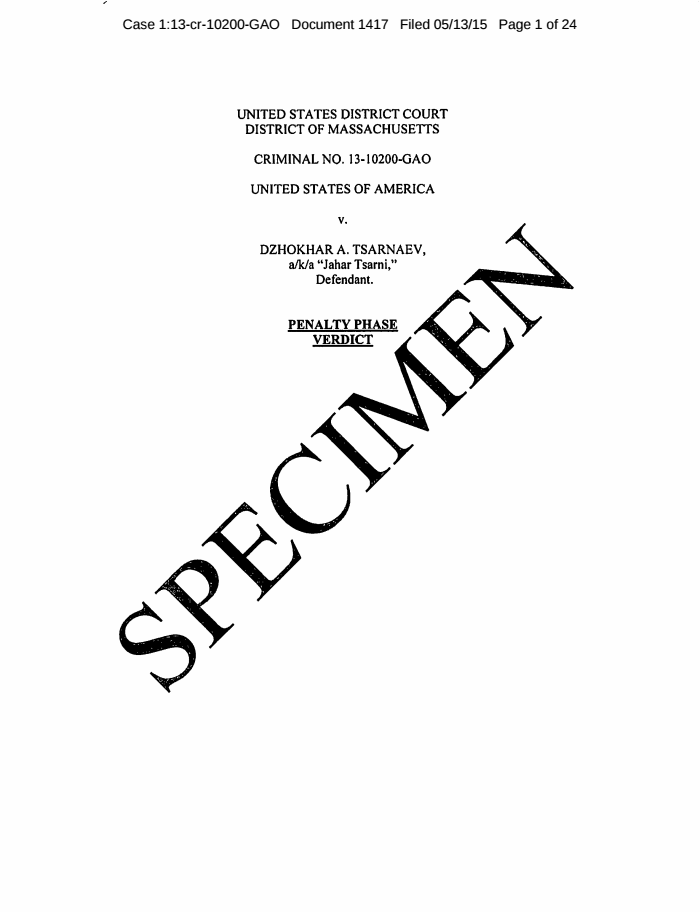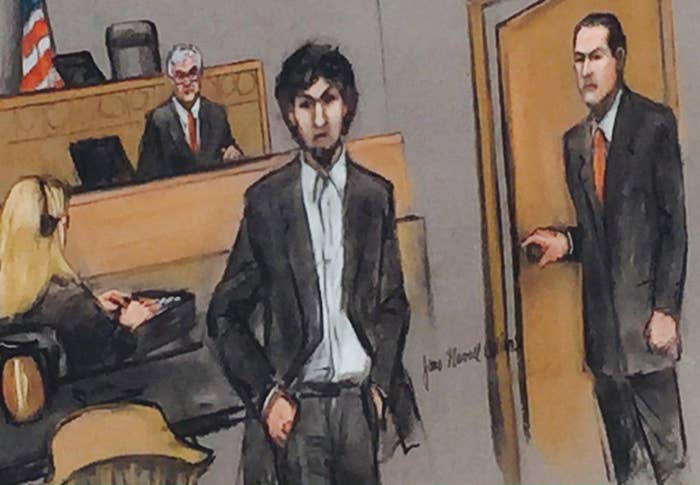
Boston Marathon bomber Dzhokhar Tsarnaev was sentenced to death Friday.
The jury’s decision came more than two years after Tsarnaev and his older brother, Tamerlan, set off two pressure cooker bombs near the finish line of the 2013 Boston Marathon on April 15, 2013, and later engaged in a gunfight with police — killing four in all and injuring more than 260 others.
Tsarnaev barely reacted when the sentence was read. He looked straight ahead.
The jurors found that Tsarnaev showed no remorse and intentionally targeted the marathon. Only three jurors said he acted under the influence of his older brother, Tamerlan, and only three held Tamerlan responsible for orchestrating the attack. The idea that Tamerlan was the mastermind and Dzhokhar was heavily under his influence was central to the defense's team's argument that he should not die.
Addressing reporters after the hearing, U.S. Attorney Carmen Ortiz said the entire case against Tsarnaev showed that "even the worst of the worst deserve a fair trial and due process of law."
"The jury has spoken," she said. "Dzhokhar Tsarnaev will pay with his life for his crimes."
Family members of those slain during the attack and survivors said Friday they hoped the decision could bring some element of closure.
"My mother and I think that NOW he will go away and we will be able to move on. Justice. In his own words, 'an eye for an eye,'" Sydney Corcoran tweeted. Her mother, Celeste, lost both legs and she suffered a leg injury in the bombing.
#Tsarnaev jury didn't go for the defense's argument that Tamerlan was the mastermind, only a few voted for those mitigating factors.
“I hope this represents some sort of closure for the people who were involved in this tragedy,” Governor Charlie Baker said. Boston Mayor Martin Walsh said, "Today, more than ever, we know that Boston is a City of hope, strength and resilience, that can overcome any challenge."
Tsarnaev's defense team left the courthouse without commenting.
Tsarnaev defense team walks off. Does not comment on death sentence.
The Boston Marathon bombing — the most infamous terrorist attack on U.S. soil since 9/11 — prompted a citywide lockdown in Boston and set off a four-day manhunt for the suspects.
Three days later, on April 18, the Tsarnaev brothers shot and killed MIT Police Officer Sean Collier in an ambush. That evening, Tamerlan was killed during a police standoff in Watertown, Massachusetts. During the shoot-out, Dzhokhar fled the scene in a stolen Mercedes-Benz SUV, running over his brother. The next day, Dzhokhar was discovered hiding in a boat in a Watertown yard and was arrested.
On April 8, 2015, Dzhokhar was found guilty of all 30 charges against him in connection with April 2013 attacks. Seventeen of the counts were capital charges carrying the possibility of the death penalty. The 21-year-old was found guilty of conspiring to use a weapon of mass destruction — the top charge — and causing the deaths of Krystle Campbell, Collier, Lingzi Lu, and Martin Richard. He was also found guilty of firearms charges connected to bombs that he hurled at police during a standoff.
Over 63 days of testimony and the presentation of evidence and arguments, 154 total witnesses were called by both sides.
Tsarnaev was defended by a team of attorneys that included top Boston public defender Miriam Conrad and leading death penalty defense attorneys Judy Clarke and David Bruck.
On day one of the trial, Clarke conceded her client’s guilt in the attacks.
“It was him,” she said, adding “he did this” during her opening statement.
During the guilt phase, the Tsarnaev defense called only four witnesses and declined to cross-examine all of the bombing survivors who took the stand for the prosecution. In her closing argument, Clarke asked the jury to “hold your minds open” as the case moved to the sentencing phase.
There, the defense called 40 witnesses over nine days and set out to make its case that Tamerlan was the mastermind of the plot.
The jury heard testimony from a range of people from Tamerlan's past — including his widowed wife Katherine Russell's mother Judith Russell, his former friends, ex–boxing coaches, and his high school jazz piano instructor.
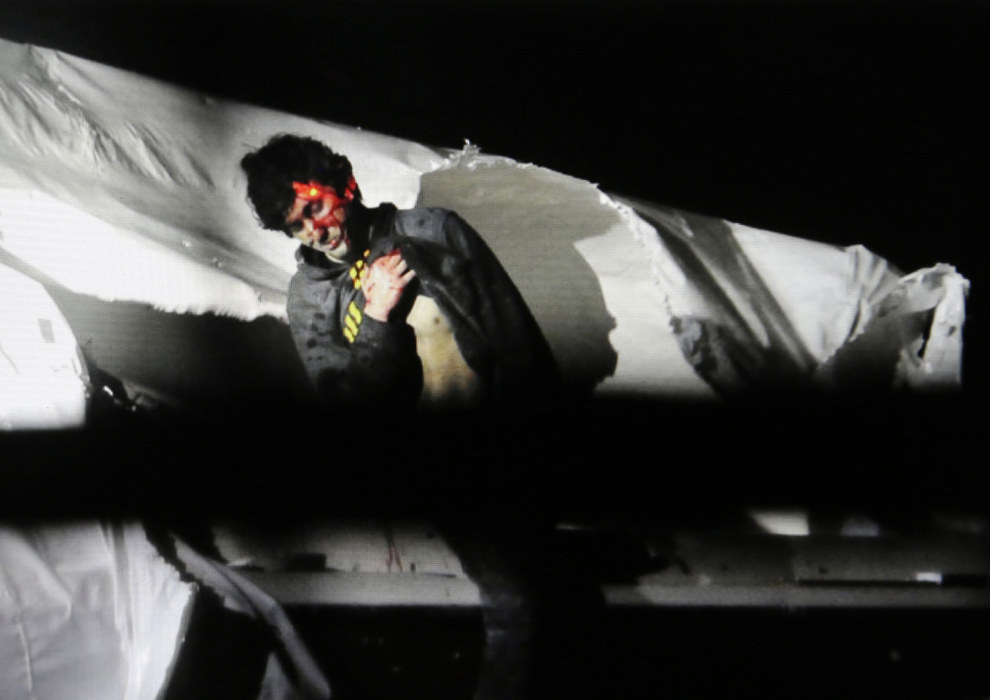
Judith Russell told the jury that Tamerlan and Katherine, who have a child together, “weren’t really a good match,” and that he cheated on her multiple times during their relationship. She also said he pushed his intense devotion to Islam on his in-laws.
“Any time I saw Tamerlan he would talk about religion, try to give me books and teach me about it,” Russell testified.
Forensic expert Mark Spencer, who examined the Tsarnaevs’ computers, testified that Tamerlan’s laptop had hundreds of videos and images of violent jihadi material — several of which he emailed to Dzhokhar in the years before the attacks — and notes and readings about radical Islam. Spencer testified that the audio files found on the CDs recovered from the Tsarnaevs’ Honda Civic getaway car after the attacks came from Tamerlan’s computer.
At one point during the testimony of boxing coach Kendrick Ball, prosecutor Steve Mellin became frustrated when he asked Ball if he knew the defendant and Ball remarked, “Tamerlan?”
“If not for Tamerlan, this wouldn’t have happened. Dzhokhar would never have done this, but for Tamerlan,” Clarke said to the jury in her closing arguments.
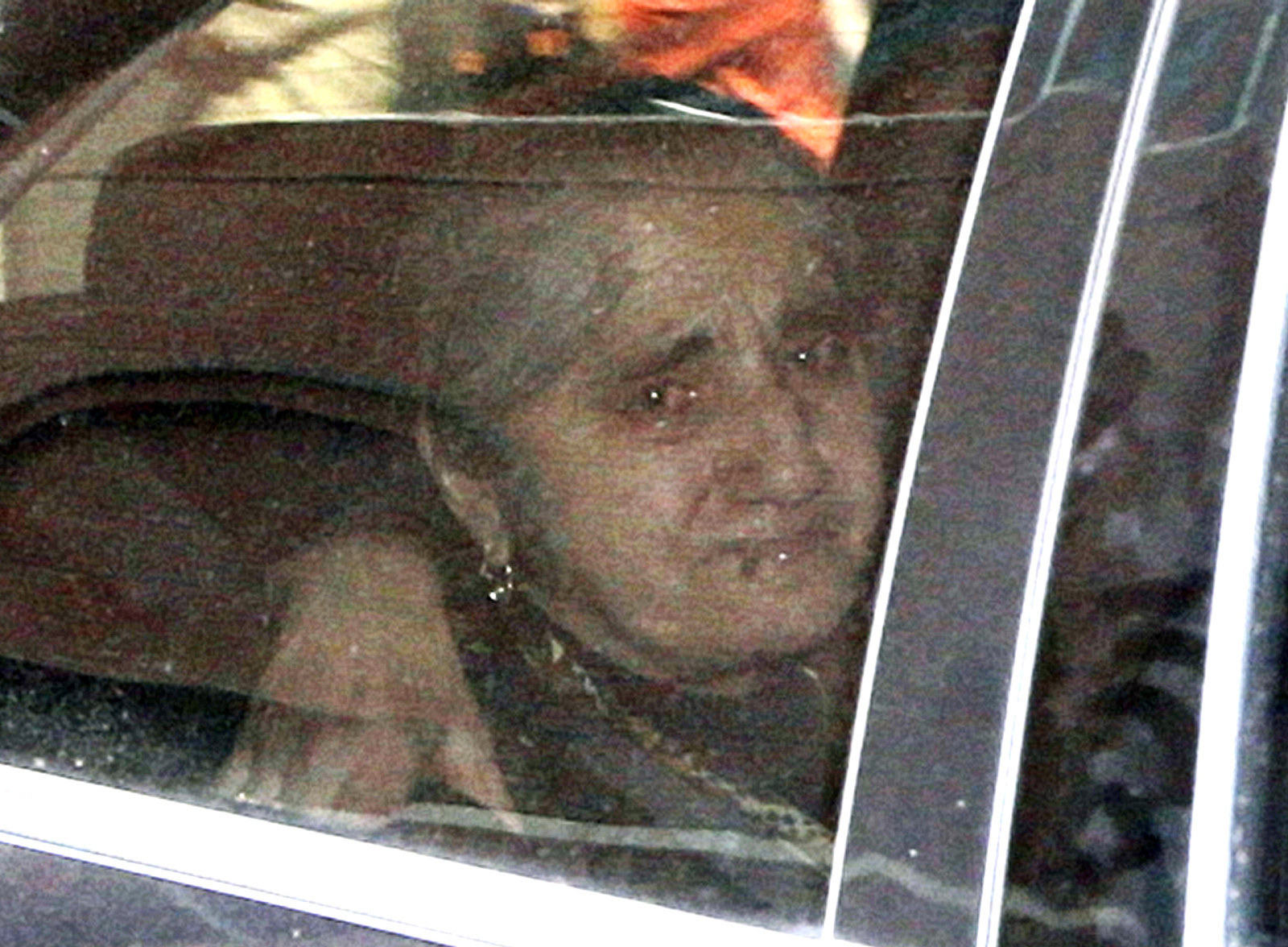
In an effort to humanize the convicted bombers, Tsarnaev’s defense team called friends, teachers, and Russian family members who traveled from abroad to testify.
Dzhokhar wiped his eyes and appeared to shed tears as his aunt Patimat Suleimanova, overcome with emotion, was unable to finish her testimony. Suleimanova was only able to answer questions about her name, her birth year, and where she was born. As his crying aunt walked off the stand, Tsarnaev blew a kiss to Suleimanova.
Alexa Guevara, a college friend of Tsarnaev, also cried as she testified.
"Why are you crying?" asked defense lawyer Miriam Conrad.
"Because I really miss the person that I knew," a sobbing Guevara said.
Becki Norris, who taught Tsarnaev in seventh and eighth grade, told the jury that he was “a really hardworking, smart kid.”
After she testified, Norris wrote on Facebook, "Yes, [Tsarnaev] did the unforgivable. And yes, I still love him. And — this one is hard to fathom, I know — he still needs love."
In her closing, Clarke called Tsarnaev a “good kid” and the “invisible child” living in Tamerlan’s shadow.
“If you're looking to me for a simple and clean answer as to why this young man, who had never been arrested, who had never sassed a teacher, who spent his free time in school working with disabled kids — if you ask me — if you expect me to have an answer, a simple, clean answer as to how this could happen, I don't have it. I don't have it,” Clarke said.
“I can tell you this, and we've shown you, that Dzhokhar Tsarnaev is not the worst of the worst. And that's what the death penalty is reserved for, is the worst of the worst.”
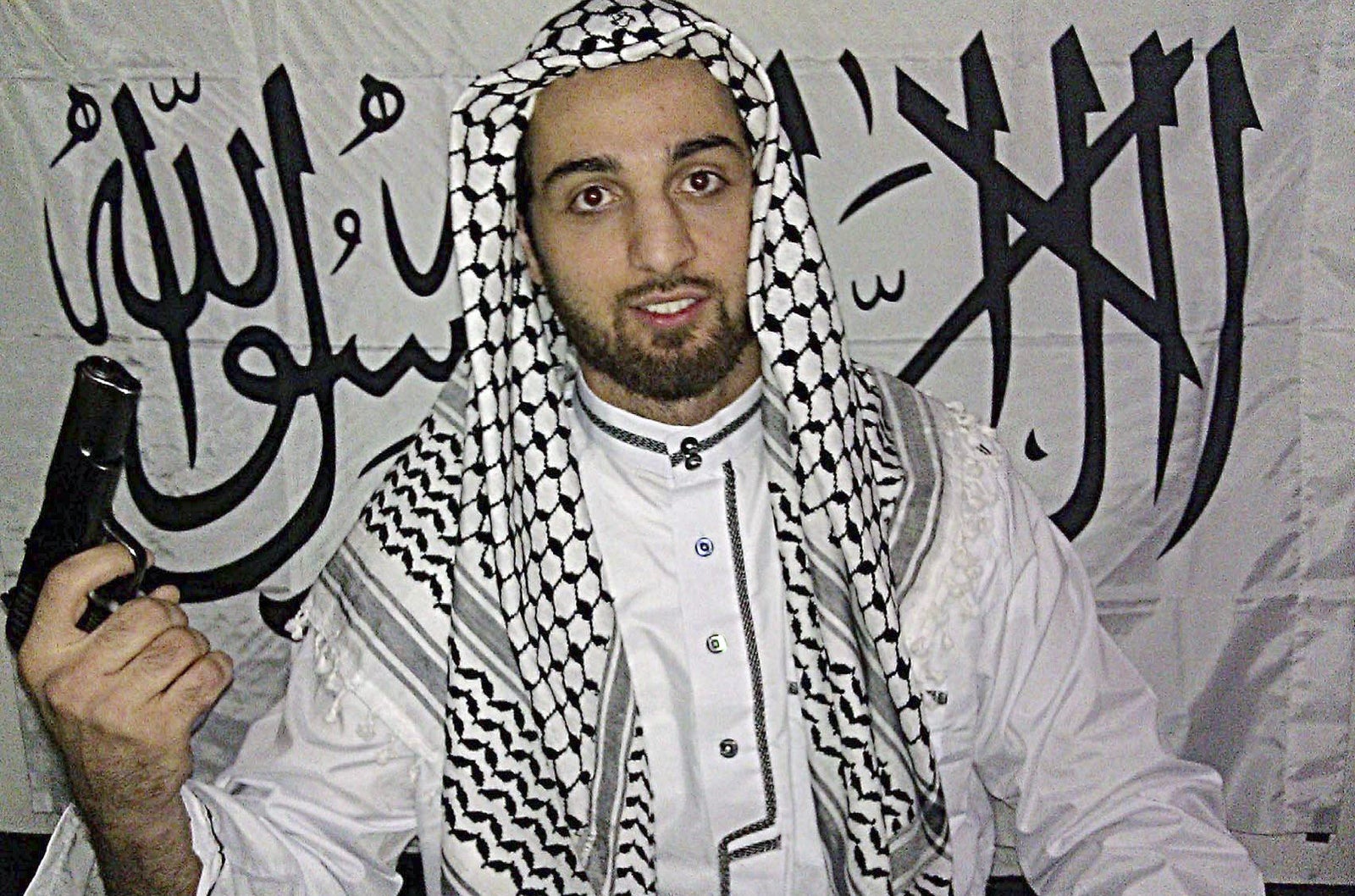
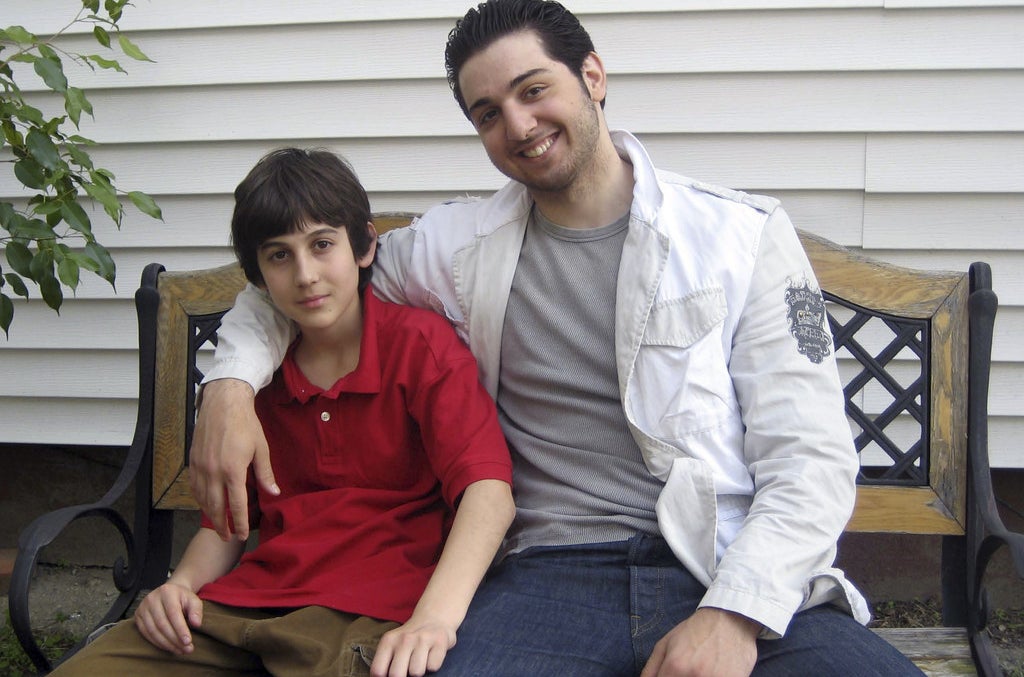
The final witness for the defense was Catholic nun Sister Helen Prejean, one of the most famous anti–death penalty advocates in the country and the author of Dead Man Walking, which was made into a major motion picture starring Susan Sarandon as Prejean.
Prejean testified that she met with Tsarnaev five times while he was in jail — their first meeting coming in March 2015 just before the start of the trial. Prejean described Tsarnaev as seeming very young and told the jury that he confided in Prejean that he was sorry for what he did.
Prejean testified that when they discussed the bombing victims, Tsarnaev told her, “No one deserves to suffer like they did.”
“I just had every reason to believe he was taking it in and was genuinely sorry for what he did,” Prejean told the jury.
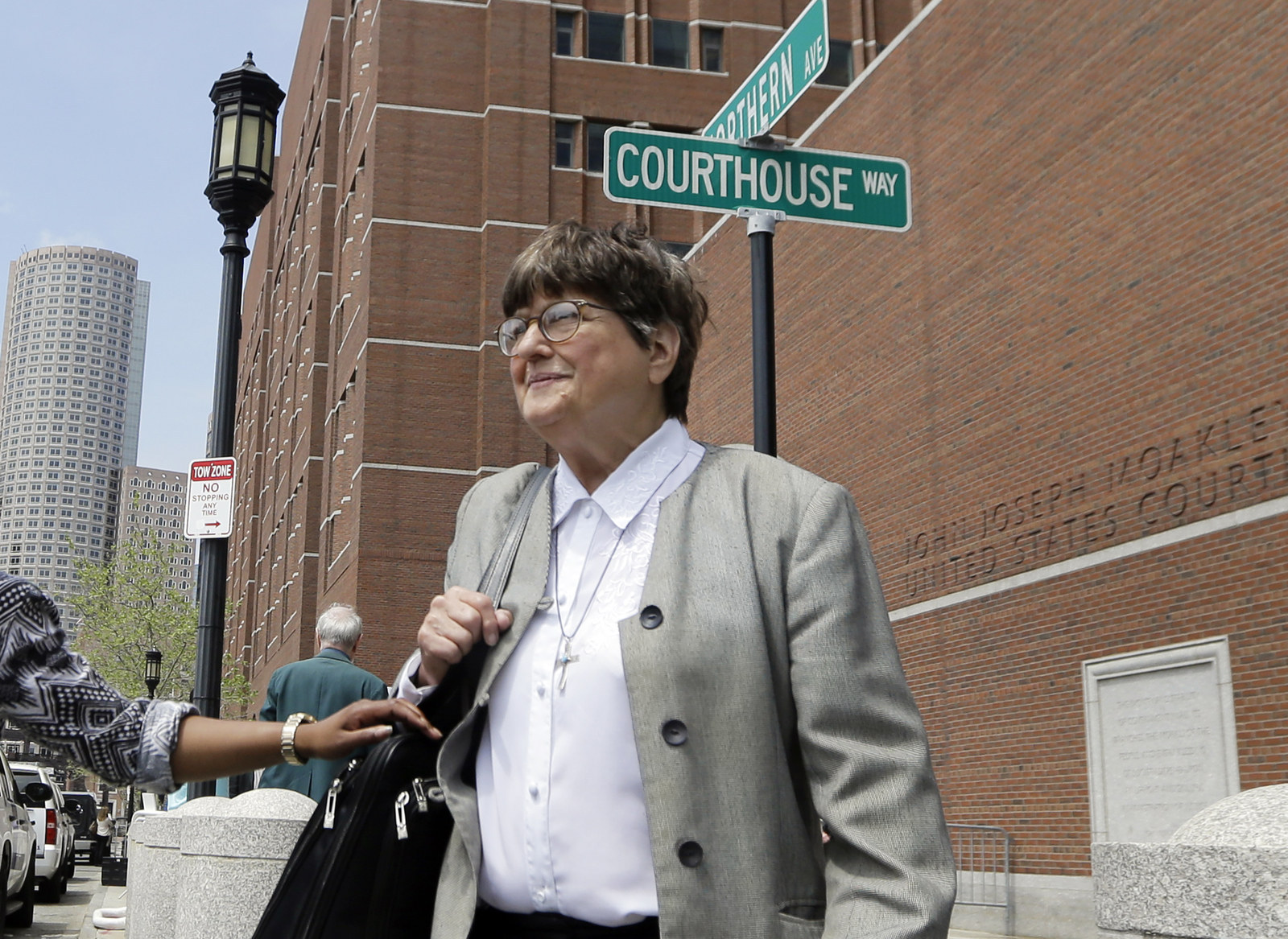
The government’s case focused on the heinous, cruel, and depraved nature of Tsarnaev’s crimes with the goal of convincing the jury that if the federal death penalty is truly reserved for the worst of the worst, then Tsarnaev is just that.
In his opening statement, Assistant U.S. Attorney Bill Weinreb told the jury that Tsarnaev “pretended to be a [marathon] spectator, but he had murder in his heart.”
On day two of the trial, Bill Richard, father of Martin Richard, the 8-year-old boy killed by the bomb that Tsarnaev placed outside the Forum restaurant, recounted his son’s final moments while the jury watched the surveillance video.
“When I saw Martin’s condition I knew that he wasn’t going to make it,” Richard said.
“Given what I saw, it was at that time that I saw my son alive barely for the last time. I saw a little boy who had his body severely damaged by an explosion,” Richard said.
Asked if he said anything to Martin before he left his son, Richard simply replied, “No.”
After Tsarnaev was convicted on all 30 counts, Bill Richard and his wife Denise published an op-ed piece in the Boston Globe calling for a sentence of life in prison for the man who killed their son, rather than the death penalty.
“We hope our two remaining children do not have to grow up with the lingering, painful reminder of what the defendant took from them, which years of appeals would undoubtedly bring,” the Richard parents wrote.
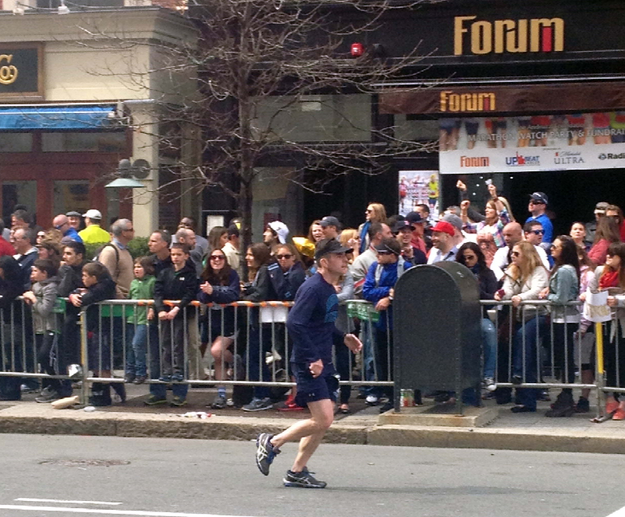
The prosecution called scores of surviving victims and first responders to re-create the horrible scene on Boylston Street after the bombs went off.
Corcoran, who was injured in the legs, testified about lying on the pavement and believing that she was bleeding out and dying. “I was dying, the blood was leaving my body. I was bleeding out.”
Karen Rand McWatters, who attended the marathon with Krystle Campbell, recounted Campbell’s last moments.
“We put our faces together. We tried to talk to each other,” McWatters said. “She said her legs hurt. Then her hand went limp and she never spoke again after that.”
Boston Police Officer Lauren Woods talked about staying with Lingzi Lu and performing CPR on Lu on the pavement until her superiors made her leave. “She was part of the crime scene now,” Woods remembered her captain telling her.
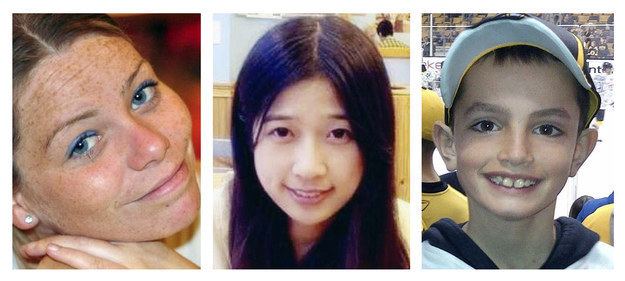
To show the jury the lasting impact of the attack, the prosecution called more victims and family members.
Billy Campbell III, Krystle Campbell’s brother, said not a day goes by when the family doesn’t think of her, Campbell said. “The hardest thing is not being able to pick up the phone and call Krystle.”
Celeste Corcoran talked about sharing a hospital room with her daughter Sydney. “To see your child in pain and not be able to go to them,” Corcoran said as she told jurors how hard it was for her to lie “helpless.”
Joe Rogers, stepfather of slain officer Sean Collier, told the jury that he would miss going to Patriots games with Sean and that he was the family's "moral compass."
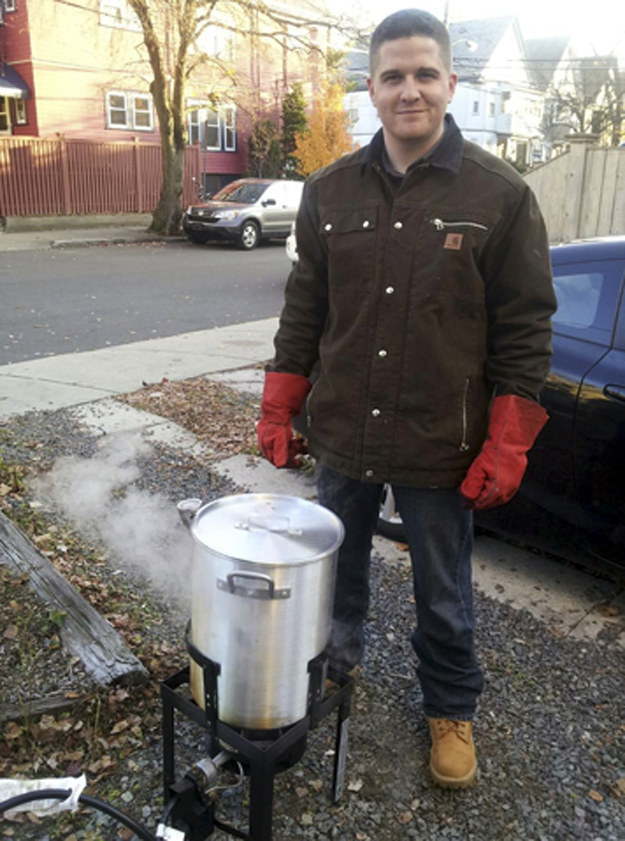
One of the final witnesses called, amputee Marc Fucarile, testified from a wheelchair and glared at Tsarnaev as the convicted bomber stared straight ahead, making no eye contact with him. Fucarile said he has endured 60 surgeries and told the jury how injuries to his other leg may eventually lead to him becoming a double-amputee.
The government closed its presentation during the sentencing phase with a slideshow of the 17 victims who had limbs amputated after the bombing while Heather Abbott, who had her left leg amputated, listed off their names.
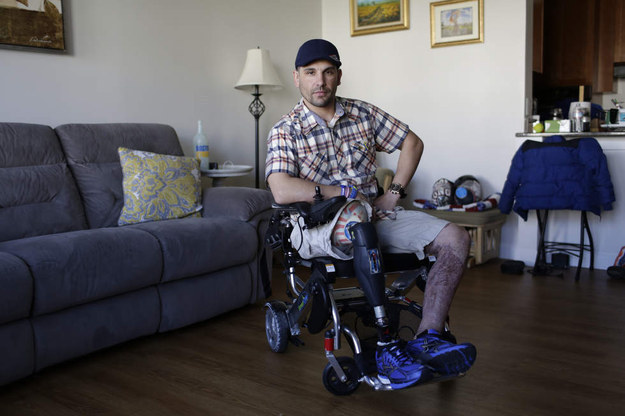
During his rebuttal to Clarke’s closing, Weinreb told the jury it didn’t matter how Tsarnaev was radicalized, only that he was and he acted on it.
“I urge you to ask yourself this question: So what?” Weinreb said. “Does it matter whether you get your jihadi files from your brother, a distant cousin, a quick search of the internet, or Anwar al-Awlaki himself?”
The defense and prosecution grappled on whether life without parole was a severe enough sentence for the Boston Marathon bomber. Weinreb told the jury that in actuality life without parole was the “minimum sentence” available to them for this case.
“Do these four deaths deserve something more? Please ask yourself that question,” Weinreb said.
Clarke countered, “a sentence of life in prison without the possibility of release is not a lesser sentence than death; it is an other sentence than death.”
Ultimately, the jury sided with the government and Weinreb, whose final argument to the jury was that Tsarnaev deserved death “not because he's inhuman, but because he's inhumane. Because of his willingness to destroy other people's lives for an idea.”
“The callousness and indifference that allows you to destroy people's lives, to ignore their pain, to shrug off their heartbreak, that doesn't go away just because you're locked up in a prison cell. It's what enables you to be a terrorist, and it's what insulates you from feelings of remorse.”


